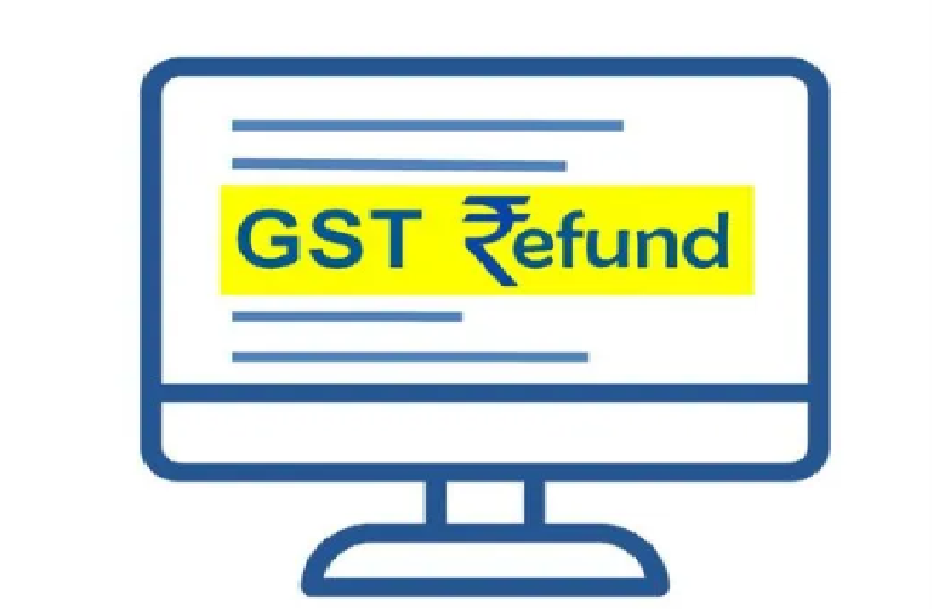GST Refund: A Comprehensive Guide for All Scenarios - Understanding Section and Rules, and Limitations
Introduction
Goods and Services Tax (GST) has revolutionized India's indirect tax system by simplifying taxation procedures. To ensure the fair operation of GST and alleviate the financial burdens of businesses, the government has established provisions for GST refunds across various scenarios. These provisions are detailed in the GST Act, and understanding the relevant sections and rules is essential for businesses. In this comprehensive guide, we will explore GST refund scenarios within the context of the relevant sections and rules of the GST Act, while also addressing the limitations and conditions where refunds cannot be claimed.
Export of Goods and Services (Section 54):
Section 54 of the GST Act
governs the refund of GST on exports. Businesses involved in the export of
goods or services are eligible for a refund of the GST paid on inputs and input
services, subject to certain conditions outlined in the GST Refund Rules, 2017.
Accumulation of Input Tax Credit (ITC) (Section 54(3)):
Section 54(3) allows
businesses to claim a refund of unutilized ITC when the credit accumulated due
to GST on inputs and input services exceeds the GST liability on outward
supplies. Refund claims must adhere to the provisions outlined in the GST
Refund Rules.
Inverted Duty Structure (Section 54(3)(ii)):
Section 54(3)(ii) addresses
refunds arising from an inverted duty structure, where the GST rate on inputs
surpasses that of the final product. To claim a refund under this scenario,
businesses must follow the GST Refund Rules, ensuring compliance with specific
conditions.
Refund Due to Export of Services (Section 54(8)):
Section 54(8) allows the
refund of GST paid on input services when a business exports services. Service
providers engaged in exporting services are entitled to a refund, following the
guidelines established in the GST Refund Rules.
Deemed Exports (Section 147):
Deemed exports refer to
supplies made within India for specific projects, such as those funded by
international organizations. Section 147 of the GST Act allows suppliers to
claim a refund of GST paid on deemed export supplies, provided the conditions
stipulated in the GST Refund Rules are met.
Refunds for Special Economic Zone (SEZ) Units and Developers (Section 16):
Section 16 of the Integrated
Goods and Services Tax (IGST) Act, 2017, governs supplies to SEZ units and
developers, permitting a refund of GST on supplies to or within SEZs, thereby
ensuring their attractiveness for businesses.
Refunds for Refund of Taxes Paid on Inward Supplies (Section 77):
Section 77 of the GST Act
addresses the refund of taxes paid on inward supplies in instances where taxes
were wrongly paid or excess taxes were paid due to errors or discrepancies in
invoices. The refund process is detailed in the GST Refund Rules.
Refunds for Casual Taxpayers and Non-Resident Taxpayers (Section 39):
Casual taxpayers and
non-resident taxpayers may claim refunds of GST deposited during GST
registration, given their non-regular taxpayer status. Section 39 of the GST
Act contains the relevant provisions for such scenarios.
Limitations and Conditions Where Refunds Cannot Be Claimed:
While GST refunds are
available for several scenarios, there are also limitations and conditions
where refunds cannot be claimed:
- In cases of non-compliance with GST regulations, such as failure to file GST returns or incorrect reporting of transactions.
- Refunds cannot be claimed for supplies subject to the Composition Scheme or Non-Taxable Supplies under the GST Act.
- If the refund application is not filed within the prescribed time frames or lacks the necessary documentation, it may not be approved.
- Refund claims may be denied if the taxpayer has not rectified discrepancies or errors in their GST returns.
Conclusion
The GST Act, alongside the GST
Refund Rules, offers a structured framework for businesses to claim refunds
across various scenarios. These provisions are vital for the smooth functioning
of GST and alleviating undue financial burdens on businesses. It is imperative
for businesses to acquaint themselves with the specific sections and rules
applicable to their circumstances, maintain accurate records, and adhere to
prescribed procedures diligently.
Additionally, businesses
should be aware of the limitations and conditions where refunds cannot be
claimed to avoid complications in the refund process. Consulting with tax
experts and staying informed about GST regulations is advisable to navigate the
GST refund process successfully, efficiently, and in compliance with the law.






0 Comments
No spam allowed ,please do not waste your time by posting unnecessary comment Like, ads of other site etc.